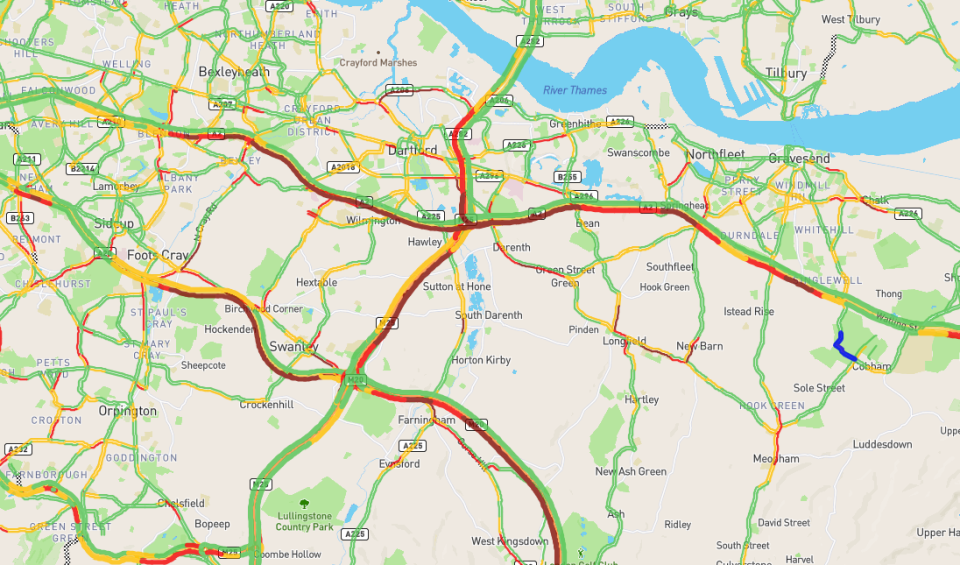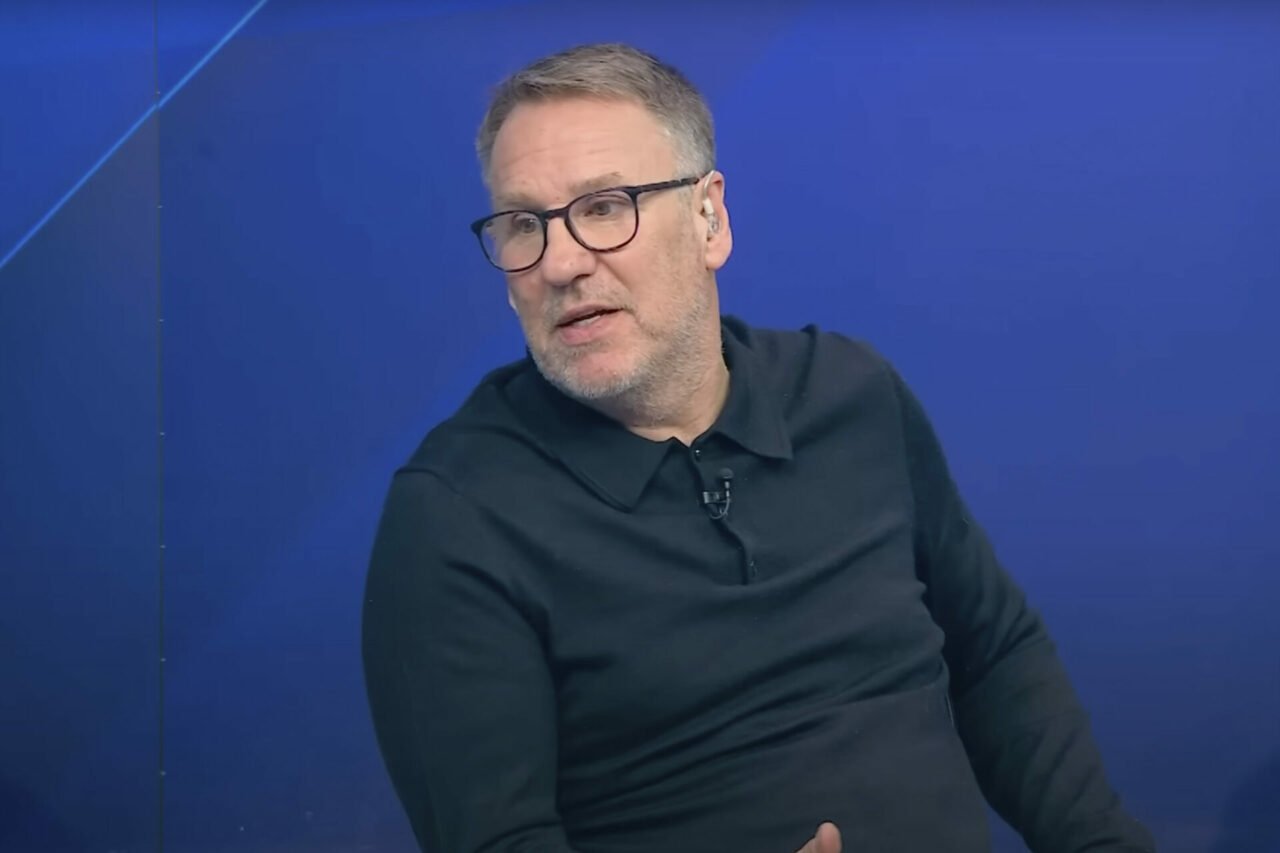Alex Smith
MORE than a third of adults feel lonelier now than during the pandemic, research shows, as a north London charity said younger people are more affected by the rise.
The head of North London Cares, a charity that has since had a number of other regional branches set up since being founded 11 years ago, said that a move to working from home and increased online and impersonal communications can make them feel more isolated.
Alex Smith said that people without power, either through decision-making ability or background, were often worse affected and added that people could aim for “five-a-day” social interactions to help them start to feel better.
“It was younger people such as students or people in their 20s who lost so much from the lockdowns – missing out on making friends at work and those water cooler conversations because they are working from home and a majority of those work communications are through Microsoft Teams or Zoom,” he said.
“Research shows that it’s young people who are more susceptible to loneliness in general terms. That was happening before the pandemic and is still the case. It was exacerbated by losing key months and years of their lives in their 20s, which are an important time for people’s social and professional development and therefore their futures.”
He added that it contributed towards mental health crises and depression for some young people and that Camden and Islington as well-connected boroughs but with great inequalities provided a good snapshot of the wider trend inside London.
“They are some of the loneliest places in London as inner city boroughs, where the pace of life is fast and people don’t make much time for neighbourliness,” he said. “But the issue is national. In fact, 72 per cent of UK adults said knowing their neighbours is important, but 73 per cent of people don’t know their neighbours. Statistics like that make it obvious the situation we are in.”
Mr Smith set up the charity in 2011, which runs events and provides support to people facing loneliness and isolation. It has now helped more than 26,000 people including through its befriending scheme. It has helped both old and young as they learn from each other.
According to the 39-year-old, there are four driving factors behind loneliness and people feeling disconnected from society; market forces – from self-service checkouts to gentrification; cultural factors – such as choosing to communicate online more; political choices – people operating inside their own bubbles rather than getting an outside perspective; and bureaucracy – more health and council services operating remotely or with automated systems.
On the reliance on technology, Mr Smith said studies show that it takes an average 3,000 instant messages, on platforms like WhatsApp, to replicate the same feeling of connection to a friend that an in-person interaction could have. Younger people are also more likely not to value the brief conversations with people at the supermarket checkout.
As part of the solutions he floats to the New Journal is a potential 1p levy on self-service checkout transactions, like a 5p carrier bag charge, which could go and fund schemes to help alleviate people’s sense of isolation, a quality kitemark for councils to show their services are actively trying to tackle the issue – and suggests people feeling alone trying to get five social interactions a day to keep ticking over.
“The government should be leading at the top. In 2018 the government set out a loneliness strategy that was a really good step, but since then the attention seems to have fallen away, there was a minister appointed who has changed, but the focus has gone.
“The government is doing some stuff in this area, it has put £20m in, but the Eden Project has calculated the cost of disconnection to society is actually £32bn a year. It’s so different and this is a personal health crisis for the people involved and a wider public health crisis collectively.”
He added: “I think people need to get five meaningful human interactions a day. I’m not talking about WhatsApping five people, it’s talking to people in person.
“Whether that’s talking to a friend, or saying hello to someone at the supermarket checkout, or saying hello to your barber as you walk past. That can make a real difference to your mood.”
https://www.islingtontribune.co.uk/article/how-about-a-1p-levy-to-fund-projects-that-crack-isolation




